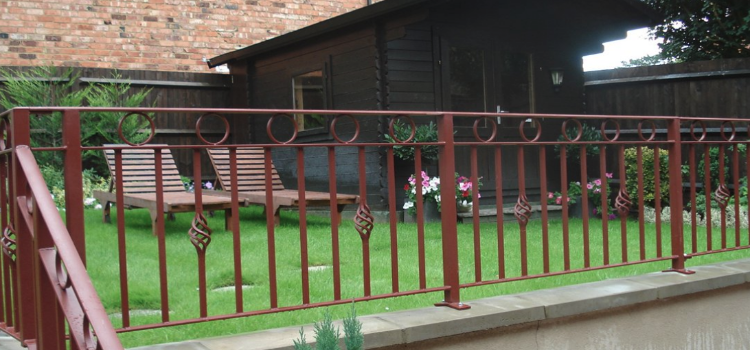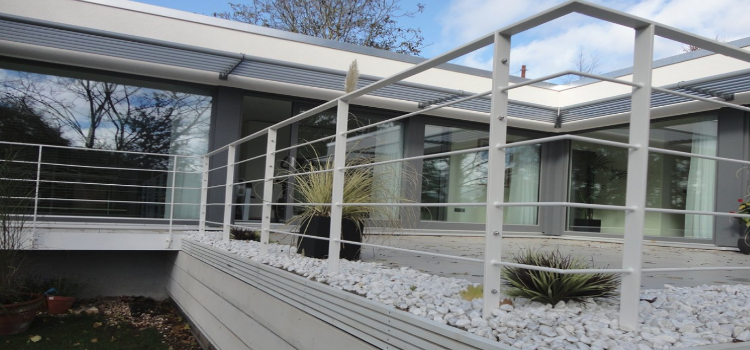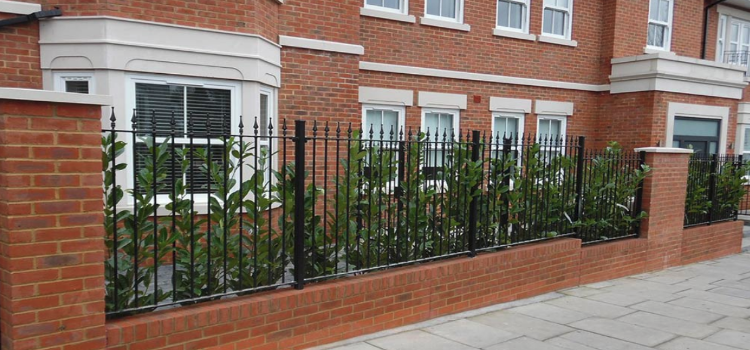
Selecting what kind of fence to build around your property is a momentous decision, for it will define how your backyard is going to look for at least the next decade and probably much longer than that. You don’t want to either end up with a fence the look of which you are going to hate for the entirety of this time or go into an expense of replacing it too soon. This choice is especially hard to make today when there are so many variants and opportunities to choose from. Some things you can learn from fence installation contractor, but if you want to really control how your property looks, you should consider a lot of things yourself. Here are the most important of them.
1. Your Purpose

What is the main reason why you want to install a fence? Different fence types serve different purposes. Wrought iron fences provide excellent security and are visually appealing, but may not suit those wishing for extra privacy. If you are going to spend a lot of time outdoors, you should opt for a tall yet decorative privacy fence. Want a fence that would be durable yet low-maintenance? Vinyl may be your deal.
2. General Design Aesthetic

Before you settle for anything, you should take into account how your new fence is going to fit into the overall design aesthetic of your house and the rest of your property. Sometimes eclectic design choices do look good, but it requires very good taste, and if you are not sure about yours, it is better to stick to a particular style. For example, a Victorian house goes excellently with traditional metal fence rails but may look rather weird with a bright green vinyl fence (of course, this is an exaggeration, but you get the point). Consult a professional designer if you are not sure.
3. Local Regulations
Regulations imposed by homeowner associations and other organizations can sometimes severely limit your choice of acceptable fence options. Almost any characteristic may be regulated in your locale: height, material, color. Sometimes you may need to get a construction permit before you can begin the installation. So, before you even begin discussing the type of fence you want to install with your contractor you should find out all the limitations imposed be the regulations and make sure that what you choose falls within them. You don’t want to waste a significant amount of time and money on a new fence only to have to remove it because it is too tall or is built of wrong materials.
4. Climate
Fences are subjected to all the aggressive environmental effects, and you have to take it into account. If you live in a climate with a substantial yearly temperature amplitude and if it gets very cold in winter, you should make sure the fence posts are grounded deeper so that they won’t crack or split. If you live in a climate characterized by high moisture levels, you should select suitable materials – vinyl, for example, doesn’t stand very well to moisture damage, so it is better to be avoided in such locations.
5. Who Is Going to Install It
Although a lot can be said in favor of DIY fences, you shouldn’t attempt it unless you really, really know what you are doing – at least if you don’t want your fence to fall over a couple of years later, or develop cracks, or suffer from dozens other problems associated with unskilled installation. Choosing a professional contractor has many advantages, especially if you buy a fence from a manufacturer and the same company doubles as an installer. Their specialists will consult you about the better choice of fencing materials for your situation, prepare a plan, take into account the specifics of your location and, in general, will take all the difficult parts of the job upon themselves, leaving you just to select a variant that suits you.
Choosing a fence may be tough, but you should approach it with all possible attention – the better the choice you make now, the less you will have to worry about your fence for many years to come!





